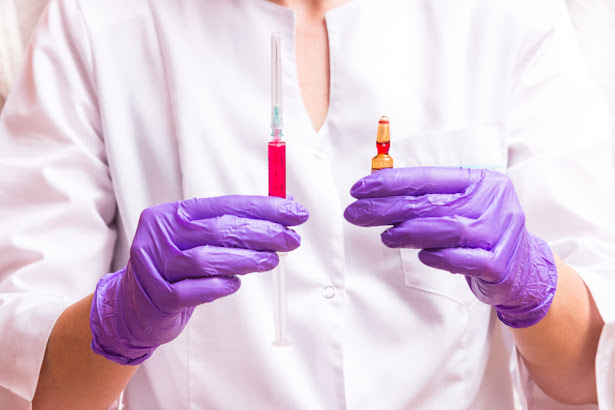Cholesterol Test Explained Purpose Procedure Results
A cholesterol test is a blood test that measures the levels of cholesterol in your blood. Cholesterol is a waxy substance that the liver produces and found in certain foods. It is an important component of cell membranes and is an essential factor in producing hormones, and vitamin D. However, high levels of cholesterol can increase the risk of heart disease and stroke.
Preparation For Cholesterol Test
Here are some steps you can take to prepare
for a cholesterol test:
●
Fast before the test. Most
cholesterol tests require you to fast for 9-12 hours before the test. This
means you should not eat or drink anything except water during this time.
●
Avoid certain medications. Some
medications, such as statins and niacin, can affect cholesterol levels. If you
are taking these medications, your healthcare provider may advise you to stop
taking them for a period of time before the test.
●
Dress comfortably. Wear loose,
comfortable clothing for your cholesterol test. You will need to roll up your
sleeve for the blood draw, so it's best to wear a shirt that you can easily
roll up your sleeve on.
●
Relax. Try to relax before and
during the test. Stress can affect your cholesterol levels, so it's important
to try to stay calm.
Overall, preparing for a cholesterol test is relatively simple. Just be sure to follow your healthcare provider's instructions, and you will be well on your way to getting accurate results.
Who Should Get Cholesterol Tests?
It is generally recommended that all adults
over the age of 20 get their cholesterol levels checked at least once every
five years. Some people may need to get their cholesterol checked more
frequently, depending on their risk factors and the results of previous tests.
If you have a family history of high
cholesterol or heart disease, or if you have other risk factors such as
obesity, high blood pressure, or diabetes, your healthcare provider may
recommend more frequent cholesterol testing. In these cases, you may need to
have your cholesterol tested every 1 to 2 years.




Comments
Post a Comment